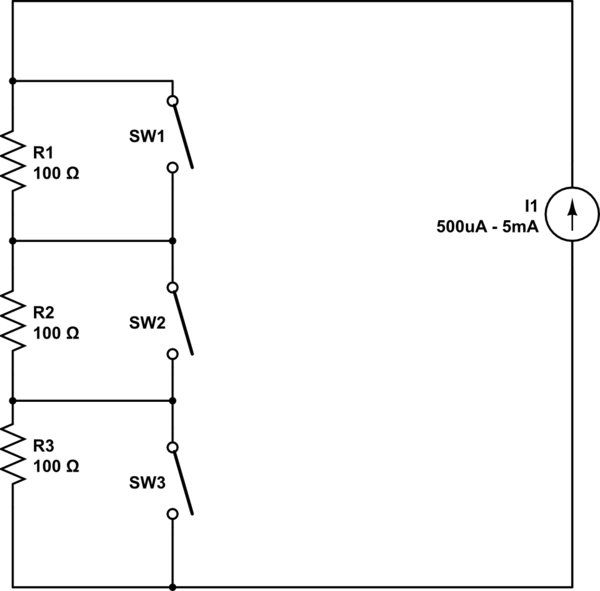In your circuit with your particular SSR, it sounds like you will be OK.
However, this is not true in the general case. Your SSR apparently uses a FET as the switch. Other SSRs use SCRs and other devices. A SSR with SCR switch would not work in your case because of the voltage drop across it. That type of SSR is specified for a maximum voltage drop at some current, not on resistance.
Devices that have different characteristics will be optimal for different situations. In your case you are working with low voltages, so a low Rdson is more important that other issues. If you were switching the AC line to a motor, for example, the SCR type might be better, especially since they turn off at the current zero crossings.
Mechanical relays have their advantages too, like very low on resistance.
Pick the relay type according to what matters in your application. There is no one size fits all answer, which is also why various different relay types exist.

